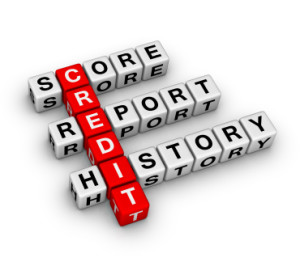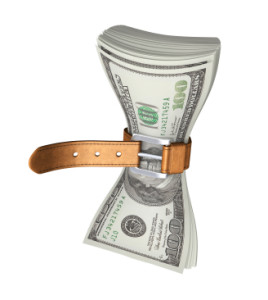 How to avoid wrecking your credit, using your credit card to support your pet causes, and the most underrated jobs in America.
How to avoid wrecking your credit, using your credit card to support your pet causes, and the most underrated jobs in America.
5 Habits That Can Wreck Your Credit
Complacency is a credit killer.
5 Tips to Help 50-Somethings Make Ends Meet
These tips can also help ease the transition into retirement.
How to Pick a Socially Responsible Credit Card
How your credit card can benefit the causes you support.
3 Ways to Make Your References Most Effective
Getting the most from your former employers.
What are the most underrated jobs?
What do a librarian, EMT and accountant have in common?






